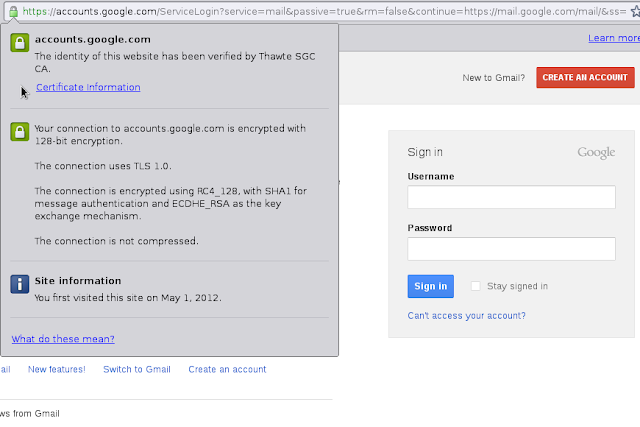By Aruna
The idea of Dialectics, though not new is not something familiar. I was quite intrigued by the idea of a discussion on Dialectics, and the same turned out to be a discussion on several things, relevant to and far from dialectics. The initial presentation was simple, to the point and a nice introduction to the various dialectic laws that can be applied. It was quite fascinating to imagine that individual, scattered events in one person's life are repeated with surprising similarity in almost everybody's life in the world; what I absorbed was that there are a few laws which dictate how our social lives span out, how all our social lives span out. There is a certain logic and order to the world and dialectic tries to define this order using a series of almost irrefutable laws.
In the discussion, something that I was trying to grasp was that the proof of dialectics is influenced greatly by how one approaches the situation or matter at hand. On the one hand there might be a certain statement that seems to defy dialectics but when seen from another perspective conforms willingly; while dialectic defines a series of laws, it does not define how one must approach these laws- in which situation, in what order, under what circumstances; as a newbie this confounded me the most. (I am talking about the 1+1=2 problem)
Some questions I have -
*Are there only finite areas that dialectics can help explain, or is it all encompassing?
*Further, unlike the singularity that science and logic demand, there are several ways to look at dialectics, what is the right way? Or is there no such thing as the right way? If there is no such thing as a right way, are we not fooling ourselves by reading these laws as being absolute?
*Doesn't every work of literature or the arts or even the simple act of thinking not use dialectics in some way?
I definitely want to understand dialectics better, but I would love to learn about it through examples - maybe movies that refute or support a dialectic claim, maybe a story, a song, a novel. The study of the laws, merely as themselves, would be far more interesting if discussed and debated as a group. I cannot imagine reading Engel's or Hegel's several observations all by myself, and subsequently trying to implement them. I would give up before learning, and that would be such a pity.
While my interest in dialectics has been kindled, it has not established itself soundly enough for me to sense the presence of dialectics all around me, this is something that I am hoping will happen when we have more meetings, and I can't wait!
The idea of Dialectics, though not new is not something familiar. I was quite intrigued by the idea of a discussion on Dialectics, and the same turned out to be a discussion on several things, relevant to and far from dialectics. The initial presentation was simple, to the point and a nice introduction to the various dialectic laws that can be applied. It was quite fascinating to imagine that individual, scattered events in one person's life are repeated with surprising similarity in almost everybody's life in the world; what I absorbed was that there are a few laws which dictate how our social lives span out, how all our social lives span out. There is a certain logic and order to the world and dialectic tries to define this order using a series of almost irrefutable laws.
In the discussion, something that I was trying to grasp was that the proof of dialectics is influenced greatly by how one approaches the situation or matter at hand. On the one hand there might be a certain statement that seems to defy dialectics but when seen from another perspective conforms willingly; while dialectic defines a series of laws, it does not define how one must approach these laws- in which situation, in what order, under what circumstances; as a newbie this confounded me the most. (I am talking about the 1+1=2 problem)
Some questions I have -
*Are there only finite areas that dialectics can help explain, or is it all encompassing?
*Further, unlike the singularity that science and logic demand, there are several ways to look at dialectics, what is the right way? Or is there no such thing as the right way? If there is no such thing as a right way, are we not fooling ourselves by reading these laws as being absolute?
*Doesn't every work of literature or the arts or even the simple act of thinking not use dialectics in some way?
I definitely want to understand dialectics better, but I would love to learn about it through examples - maybe movies that refute or support a dialectic claim, maybe a story, a song, a novel. The study of the laws, merely as themselves, would be far more interesting if discussed and debated as a group. I cannot imagine reading Engel's or Hegel's several observations all by myself, and subsequently trying to implement them. I would give up before learning, and that would be such a pity.
While my interest in dialectics has been kindled, it has not established itself soundly enough for me to sense the presence of dialectics all around me, this is something that I am hoping will happen when we have more meetings, and I can't wait!









